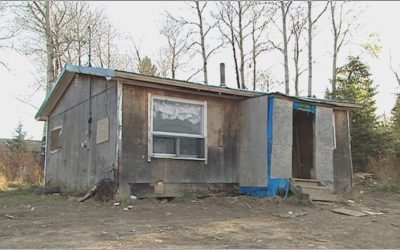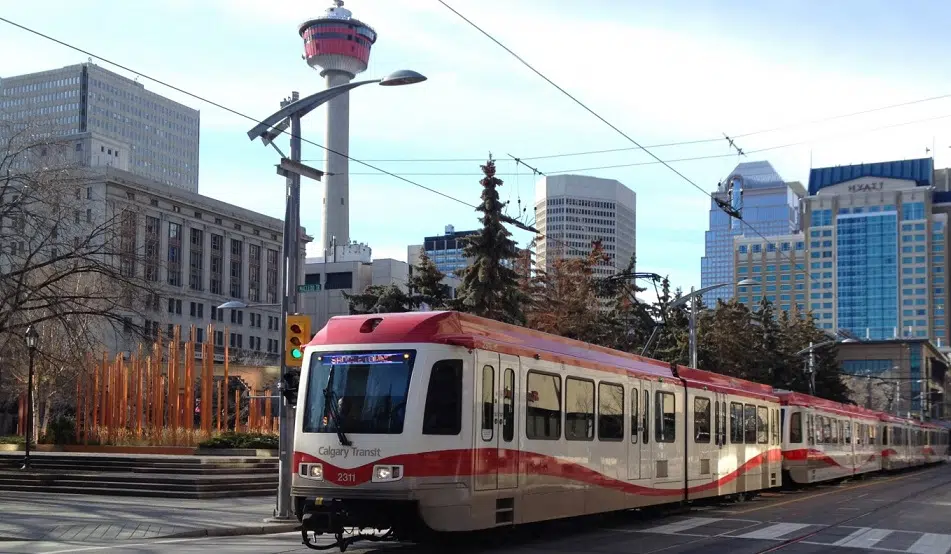As you may have noticed, Manitoba is suffering the most miserable spring in years.
Temperatures remain below normal. With a month to go till the summer solstice (or maximum sunshine per day), the Victoria Day holiday weekend high was a balmy five degrees. Not exactly weather for grubbing around in the garden or opening the cottage. The dull, cool weather was especially depressing to those who watched TV to avoid it, only to stumble across the federal election campaign coverage.
So it was supremely ironic that an environmentalist group spent big bucks for a full-page ad in dailies across the country to admonish us for Canada’s lack of action on global warming. Global warming? You’ve got to be kidding.
Most Canadians are close to the environment. We camp, we canoe, we skidoo, we ski. The more bloodthirsty among us hunt and fish. We are blessed with a vast, largely empty wilderness at our doorsteps. Greenery is a part of our national identity.
This makes the issue an easy hot button for arousing public emotions. Our environment has never been cleaner, healthier and better. Yet you wouldn’t know it if you listened to the hysteria and misinformation disseminated by partisan organizations.
Thus the ad.
Headlined “It’s time Canadian Voters turn up the heat,” it forecast catastrophe if politicians did not force the country to keep carbon dioxide gases at the 1990 levels pledged in some international agreement. It raised the spectre of flooding coastal cities, dying forests, widespread malaria and crop failures. It blamed our politicians for putting economic growth ahead of reduced greenhouse gas levels and fingered the petroleum industry, Imperial Oil in particular, for resisting emission curbs. Finally, it suggested that disaster can be prevented by conservation and a move to clean energy sources like wind and solar power.
The group sponsoring the ad was the David Suzuki Foundation, named for the host of the Nature of Things, a high quality CBC documentary program. Dr. Suzuki is a scientist who has leveraged his profile to advance environmental causes.
But the information on global warming is murky.
Is our world heating up? The evidence is decidedly mixed. Predictions of calamity are based on computer simulation models that are disputed by many scientists. They predict sig-nificantly higher temperatures. But over the last hundred years, since good record keeping began, temperatures have risen only about half a degree celsius. This increase occurred during the 1930s, and temperatures have decreased slightly since then.
A team of NASA scientists that monitors orbiting satellites has noted a statistically significant cooling trend, minus 0.048 degrees celsius per decade in recent years. Indeed, this spring’s flood and our ongoing lousy weather would support the cooling theory. They were caused by huge snowfalls and an unusually long freeze in the Lake Winnipeg drainage basin.
Carbon dioxide is released when fossil fuels like coal and oil are burned. Levels today are 27% higher than at the start of the industrial revolution. But keep in mind that carbon dioxide makes up only 0.035 percent of the atmosphere.
Some scientists point out that a warmer world would also have an upside. It is not unreasonable to view our history as one long struggle to keep warm. Aside from making Winnipeg a more enjoyable place to live, a warmer world would reduce deaths-more people die from cold temperatures than warm ones. More carbon dioxide in the air would lead to more luxuriant plant growth and greater crop yields. Ironically the small increase in CO2 has probably advanced the much ballyhooed green revolution, with its striking increases in food production.
Our politicians are wise not to rush into rash adventures to “plan” lower carbon dioxide emissions in Canada. The high cost of solar and wind power would simply mean fewer jobs and lower living standards.
Warmer weather would be nice. We’re still waiting.


